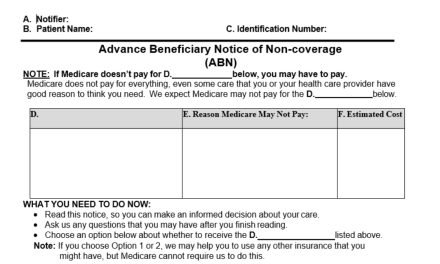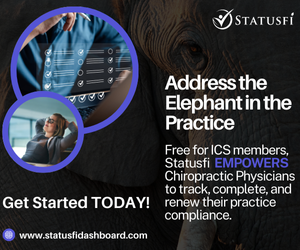
How Much Can I Charge a Patient for Records?
We’ve been talking about patient Right of Access to their medical records. Today, we are providing information regarding the fees that you can charge for these records. Watch the video for more information!
Transcription:
We have a number of videos where we discuss the right of access for patients to be able to access medical records in your practice. And I’ve alluded to a few of those videos in regard to how much you can charge. You know, historically, we had a state-established copy fee schedule that we could rely on and say this is the schedule that we can use and appropriately charge for accessing records. Well, with the advent of additional technologies and, and as more exploration and more rules have come out, and regarding HIPAA, especially those centered around the right of access, in other words, the idea that the patient should have greater access to their medical records so that they can have greater interoperability or greater transfer of those records and information about their care to other providers. As that has continued to develop, then, of course, HHS has continued to modify exactly how this works, right of access is one of those key areas. And if you’re not aware, you can’t when a patient is requesting to have a copy of their medical records, there are very significant changes, you can’t just simply charge the state-established fee schedule.
Instead, you can go one of three different routes, one of the routes is you can charge for the exact cost for making those copies. Now you cannot charge for the cost of time to retrieve them. So if the, if the records happen to be off-site, maybe you put them in a storage facility or something like that you can’t actually charge for the time that it takes you to retrieve those records from that off-site location. Instead, you can only charge for the exact time that it costs you and you need to document it. But the exact time that it costs for the employee to make those, those copies the exact cost of the paper, you could also include or if there’s you know, if you if you’re charged per copy with your copy machine, if you have a maintenance screen or something along those lines, in most cases, then you can charge that exact amount. Now you can also charge how much it’s going to cost to actually mail it if you’re mailing it to the patient, the biggest thing in these areas is you have to basically work this out with the patient in advance. So that is option number one is the exact cost for the records that are being requested at that time. It’s a lot of paperwork, a lot of work on each one of those requests.
The other option is to figure out exactly on average, what it costs. And that would be what does it really cost if you’re going to copy, say 10 pages, you know, can’t just how long? How much is it gonna cost for this one page, it takes a little bit longer to start up and, so you really need to have good determination, you need to be able to back it up and show that you did the effort and the work in your practice to be able to determine exactly how much it’s costing to make those copies.
Now, this is also really important in either one of those cases, or even in the third case, you know, if this is a patient portal situation, you can’t charge for access to the patient portal, or if you have a patient portal, and you can just simply flip a switch and have the patient’s medical records put in that patient portal. In those cases, you can’t charge either. So that amount of time or those specific costs, and even a cost to that you have to pay that third party vendor to have access to those types of features. You can’t pass that on to the patient. So right of access your three options and covered the one exact costs. The second is the average cost, but you want to be really particular and again, Document Document Document, make sure that you have that laid out and you file that away so you can demonstrate the cost. And the third is you could just simply charge a flat fee of $6.50. And that really is what it comes down to when we start talking about the right of access.
Now remember, those fees also apply if the patient has taken their right of access, and ask you to send those records to someone else. So again, maximum charge. If you’re going to just do a flat fee is $6.50 You can choose to make it lower than that. You could even make it free, depending on what you want to do and how you want to go about that. We strongly encourage you to have a consistent policy in your practice. And you can also then charge exact costs. Remember, only the cost directly related to making the copies and or the average cost, and again, only the average cost for directly making the copies doesn’t include retrieval time for labor or retrieval, storage facility costs, or whatever the case might be. None of that can be included in the price. We hope this information helps you out next. Next time we’re really talking about why this is so important and the regulatory actions that are being taken out there. We’ll catch you next week.



















